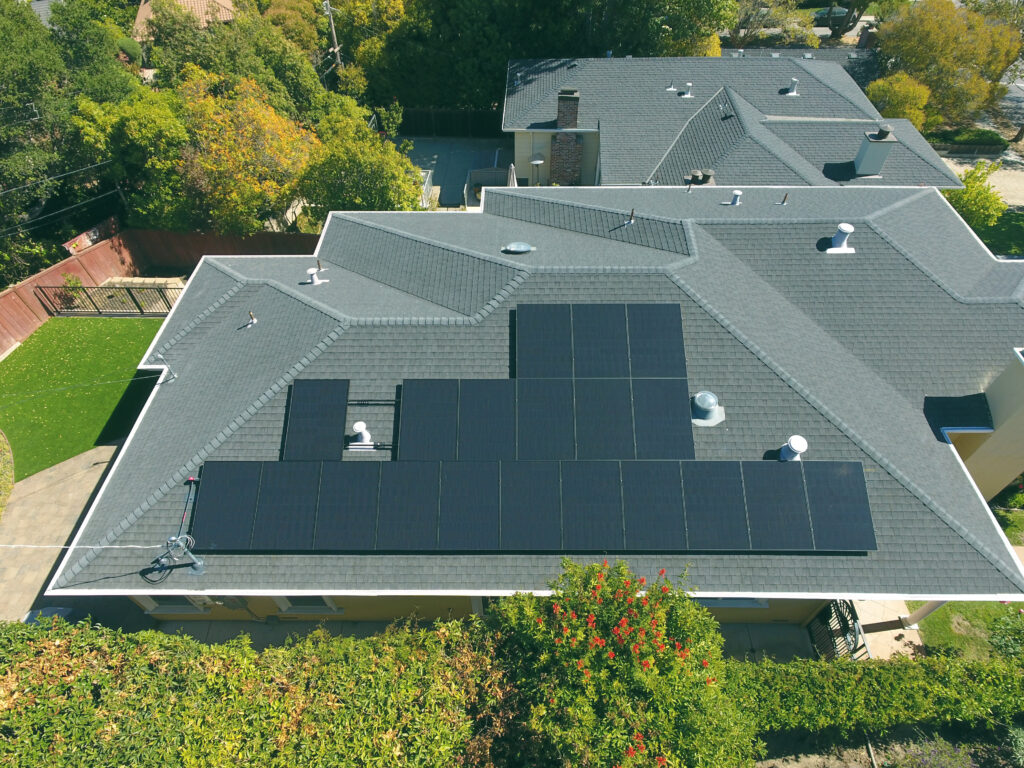Earlier this month we wrote about the U.S. Budget Bill. As that Bill moved to the Senate, many had hoped that solar incentives would be significantly strengthened to protect jobs and energy growth. Earlier this week, the Senate Finance Committee released its version of the budget reconciliation bill. While not identical to the House version, the Senate bill still significantly scales back or eliminates key solar incentives, directly threatening installers, manufacturers, and homeowners who rely on these programs every day.
What the Senate Bill Does
- Ends the 25D Residential Solar Tax Credit: Homeowners will no longer be able to claim the 30% residential solar tax credit for any expenditures made after 180 days from enactment.
- Reduces and Eliminates 48E and 45Y Tax Credits: For wind and solar projects, the 30% credit drops to 60% for projects that begin construction in 2026 and 20% in 2027. After that, it is eliminated entirely. Energy storage projects are not affected by this phase-down.
- Removes 48E Eligibility for Leased Systems: Starting in taxable years after enactment, leased or rented property will no longer qualify for these credits.
- Repeals 45X Credits for Integrated Operations: For tax years beginning after 12/31/26, manufacturers can no longer claim credits for integrating eligible components into other eligible components (e.g., PV cells into modules).
- Phases Out Critical Mineral Credits: The 45X credit for critical mineral production will be phased out—75% of the original credit available in 2031, 50% in 2032, 25% in 2033, and eliminated entirely after that.
- Applies Foreign Entity of Concern (FEOC) Restrictions: Beginning in taxable years after enactment, no taxpayer can claim 45X, 48E, or 45Y credits if they receive “material assistance” from a prohibited foreign entity. This applies to projects starting after 12/31/25 and components sold in 2026 or later.
- Restricts Transferability and Direct Pay: While general transferability remains, credits cannot be transferred to Specified Foreign Entities. Waivers for direct pay are repealed, and recipients are subject to clawbacks if they violate FEOC-related provisions.
- Imposes a 60-Day Construction Deadline: To qualify for 48E or 45Y, projects must commence construction within 60 days of the bill becoming law—disqualifying many community, municipal, and commercial-scale projects in development.
What This Means for the Industry
According to SEIA and ACP:
- Up to 300 solar and storage factories could shut down or never open
- Over $220 billion in investment could be lost by 2030
- More than 100,000 jobs are at risk—including many installer jobs
- The residential market loses a primary adoption driver
- Grid reliability, U.S. manufacturing, and energy independence are all threatened
These aren’t theoretical impacts. They will be felt on the roof, in the warehouse, and in the communities you serve.
What You Can Do
At Enstall, we know the power of showing up—on the roof and in policy. There’s still time to change course. The full Senate has yet to vote, and they need to hear from the people who do this work every day.
Here’s how to help:
- Use SEIA’s tool to contact your Senators
- Talk to your teams and colleagues—make sure they understand what’s at stake
- Join SEIA or your local solar trade group to stay involved
Installers know what works. And now, more than ever, your voice matters.
Let’s make sure the next generation of solar has a strong foundation.
